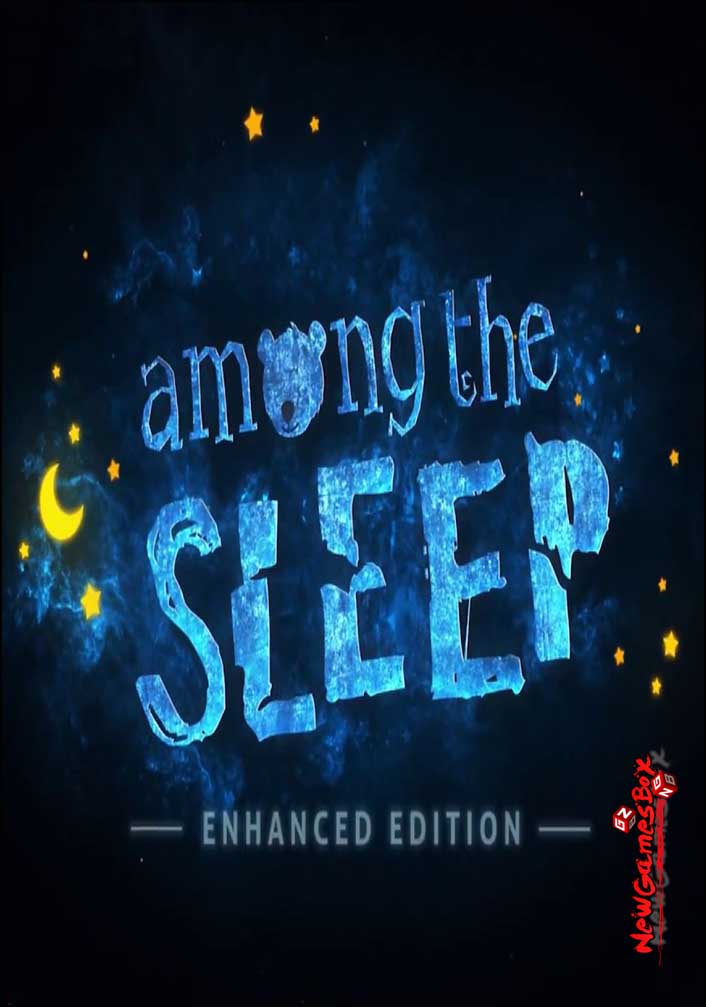

However, because of irregular working, shift-work patterns, and unhealthy sleeping habits, the quantity and quality of sleep may be abnormal in modern society. The National Sleep Foundation recommends 7–9 h of sleep for people aged 26–64 years and 7–8 h of sleep for people aged ≥65 years ( 1). Sleep is an important and complex physiological process for maintaining optimal health.

Systematic Review Registration:, identifier: CRD42021235587 Additional studies are needed to be conducted. Moreover, suggestive evidence supported the associations between long sleep and 5 increased risk of health outcomes (stroke, dyslipidaemia, mortality of coronary heart disease, stroke mortality, and the development or death of stroke) short sleep and increased risk of overweight and/or obesity poor sleep quality and increased risk of diabetes mellitus and gestational diabetes mellitus.Ĭonclusions: Only the evidence of the association of long sleep with an increased risk of all-cause mortality was graded as highly suggestive. We observed highly suggestive evidence for an association between long sleep and an increased risk of all-cause mortality. Results: A total of 85 meta-analyses with 36 health outcomes were included in the study. According to the above metrics, we evaluated the credibility of each association. For each meta-analysis, the summary effect size using fixed and random effects models, the 95% confidence interval, and the 95% prediction interval were assessed heterogeneity, evidence of small-study effects, and excess significance bias were also estimated. We systematically searched three databases from inception until November 15, 2020. Methods: This review is registered with PROSPERO, number CRD42021235587.



 0 kommentar(er)
0 kommentar(er)
